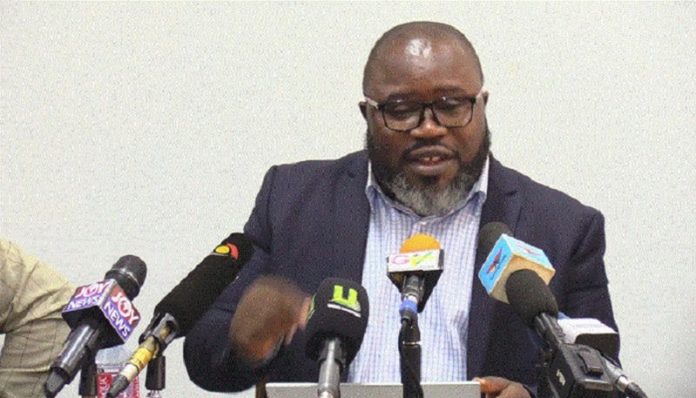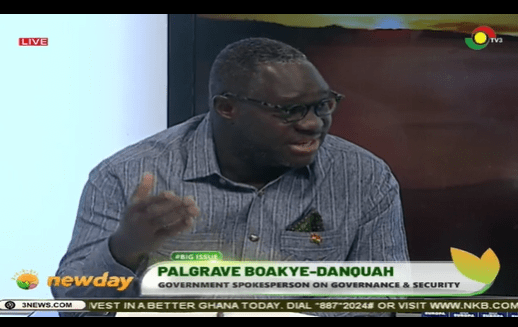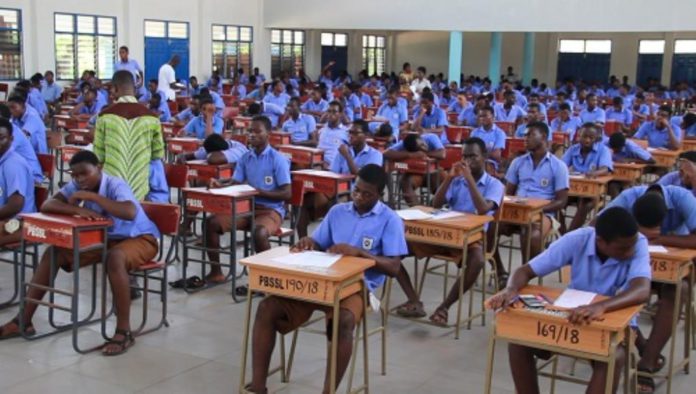Kofi Asare calls for targeted education interventions as Ghana faces BECE uncertainty

The Executive Director of Africa Education Watch, Kofi Asare, has said Ghana’s educational sector is grappling with a systemic issue stemming from broader deficiencies in how social interventions, particularly within education, are targeted and implemented.
This follows the West African Examinations Council’s (WAEC) statement that it might have to postpone the upcoming Basic Education Certificate Examination (BECE) due to financial constraints.
According to the Director of Public Affairs at WAEC, John Kapi, the council needs about GH₵90 million to conduct the exams and pay its debt.
Speaking on the JoyNews AM show, Mr Asare said, “When we talk about targeting, people quickly brush it off because they think we talk too much or think it does not inure with their political understanding of what the solution should be. But the reality is that a low-income country like Ghana cannot effectively sustain the implementation of social interventions if we do not target when advanced countries are targeting.”
Mr Asare pointed out that while Ghana implements free basic education as a right, there is no documented policy specifically outlining it.
He explained that, this gap leads to the assumption that only those in the public sector benefit from free basic education, while those in the private sector do not.
“That has been our mundane way of targeting. This has extended to the secondary level. It is only for interventions that are implemented under the Ghana School Feeding Programme that are under the Ministry of Gender and Social Protection where you see the Ghana School Feeding Programme and the LEAP (Livelihood Empowerment Against Poverty) being targeted” he noted.




